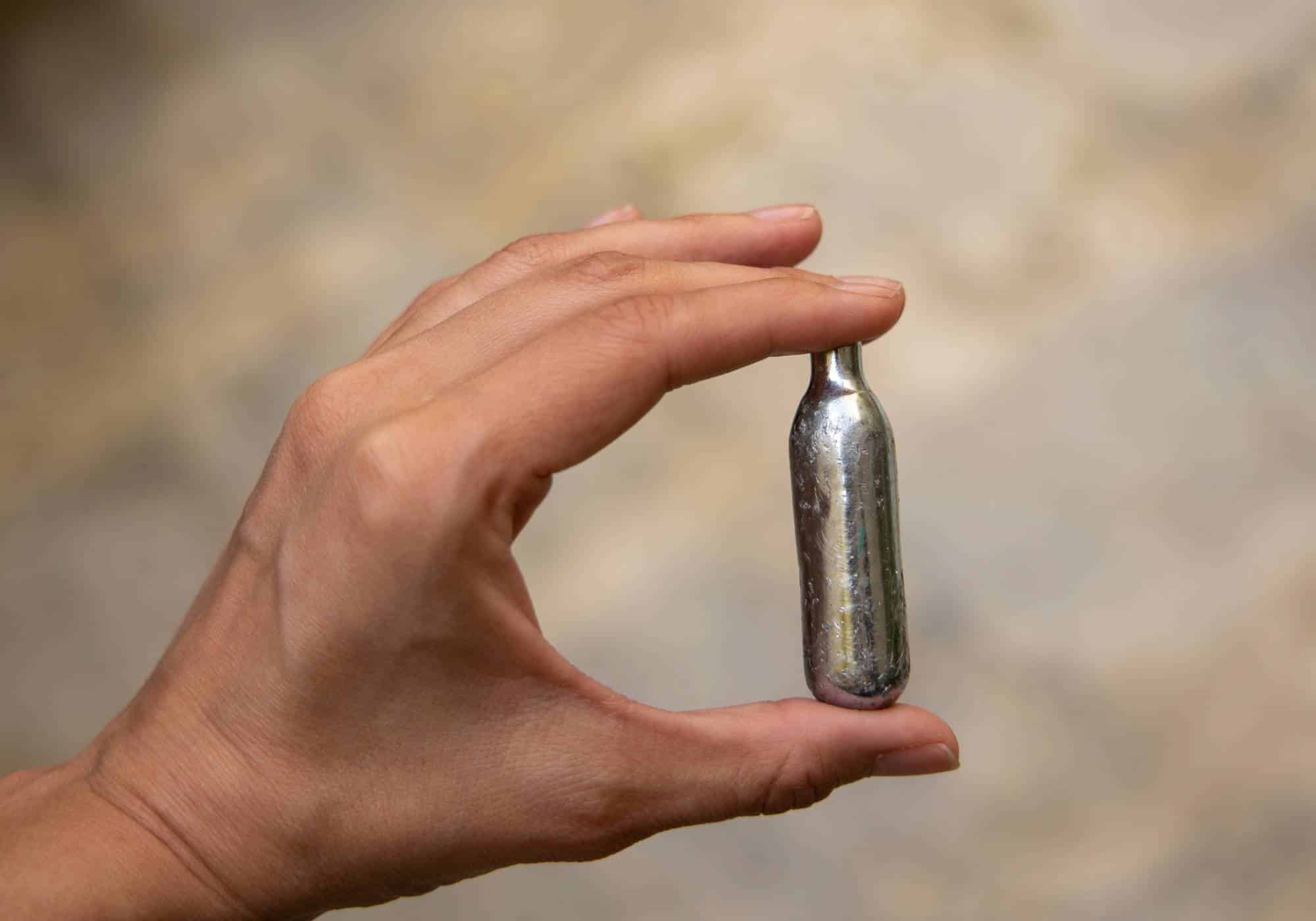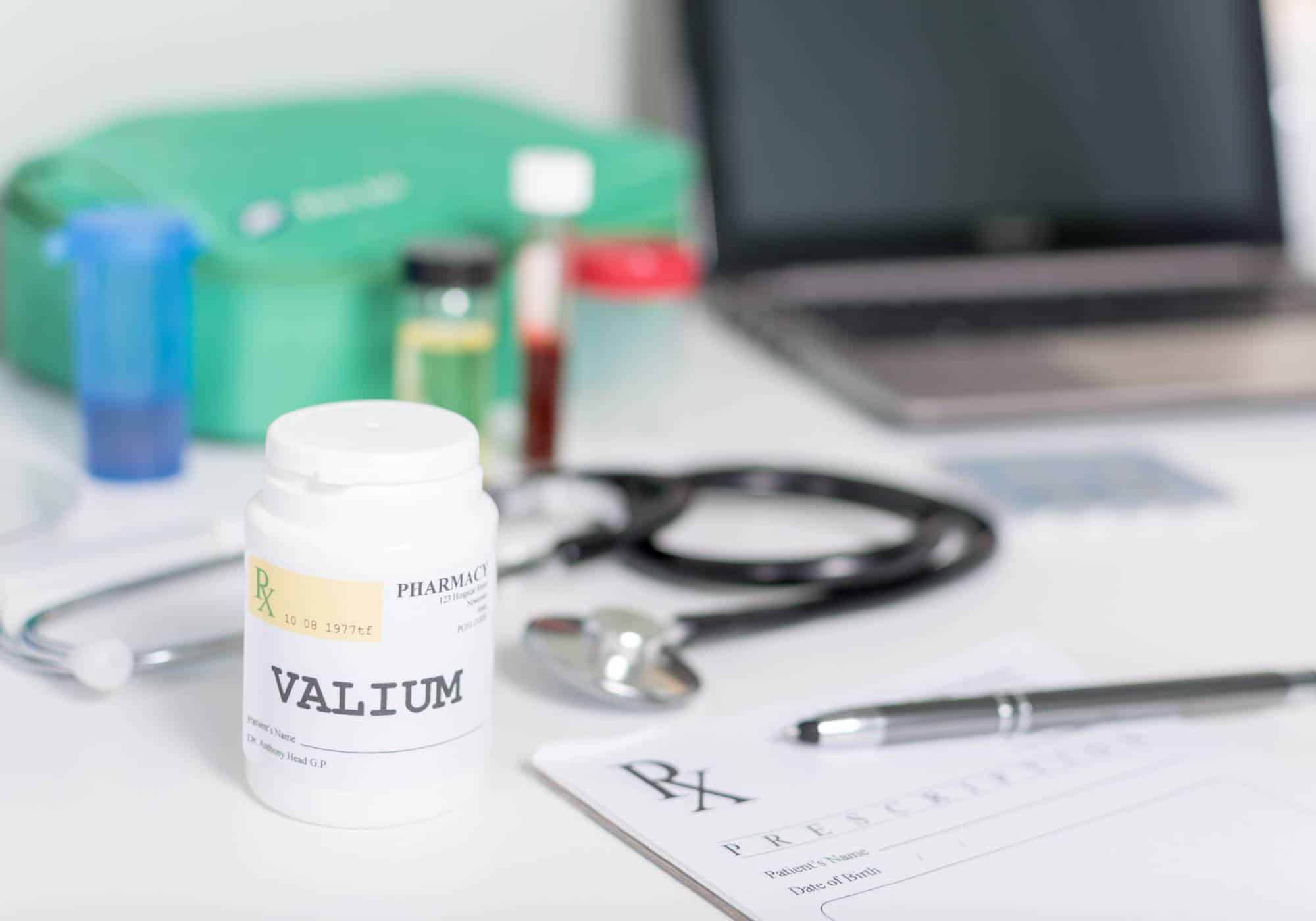Maintaining relationships with family and friends during substance abuse treatment is essential for a successful recovery. The process of undergoing such treatments can be incredibly difficult, but managing to build and maintain connections outside of the treatment environment is paramount in order to stay motivated, supported, and encouraged as you begin your journey toward sobriety. But navigating these relationships while in active substance abuse treatment isn’t always so straightforward.
Substance abuse can have a devastating effect on relationships, from family dynamics to long-term friendships. During the relapse prevention process and treatment, those who struggle with substance use can find themselves facing a variety of challenges when it comes to their relationships.
While the strain that substance abuse disorder puts on bonds can seem overwhelming, there are strategies and resources available for those looking to maintain healthy connections during treatment and recovery. Find out how to navigate tough conversations about addiction and explore ways to foster healthy relationships while receiving treatment.
The Impact of Substance Abuse on Relationships
The substance abuse treatment process can be an isolating experience, but it’s important to remember that substance abuse disorders don’t occur in a vacuum. Substance abuse disorder affects more than just the individual – family members, friends, and even co-workers may also feel its effects.
Substance abuse can cause tension, hurt feelings, and animosity between loved ones and friends. It can make it difficult to rebuild trust. The substance use disorder may have also caused broken promises or a lack of communication. All of these factors contribute to the challenges that those seeking substance abuse treatment face when attempting to repair relationships.
During substance abuse treatment, it’s vital to recognize how substance misuse has impacted relationships with those close to you. This awareness is essential as you work to rebuild these connections and establish a healthier foundation for your recovery journey.
How to Start the Conversation About Substance Abuse
Starting the conversation about substance abuse can be difficult, but it’s important to be honest and open with those closest to you. It’s also essential to remember that substance use disorder is a treatable condition – one that doesn’t have to define who you are or how others perceive you.
When speaking to family members or friends about substance abuse treatment, provide them with as much information as possible. Let them know what type of treatment you’re seeking, where you’re receiving care, and what behavioral changes are expected as part of your recovery journey. This will help reduce any fear or anxiety they may feel about your substance abuse treatment and recovery process.
It’s also important to recognize that your loved ones may need some time and space to process the news. Don’t be discouraged if they don’t react in the way you hoped – substance use disorder affects everyone differently, and it’s natural for those close to you to feel a variety of emotions once they know that you’re receiving treatment.
Tips for Maintaining Healthy Connections During Treatment
Substance abuse treatment requires hard work and dedication, but it doesn’t have to mean severing ties with family or friends. Keeping up with relationships during substance abuse treatment is essential in order to stay connected and motivated on your recovery journey. Here are some tips for staying connected while undergoing substance abuse treatment:
1. Take responsibility for your actions: Acknowledging the ways in which substance use disorder has had an impact on your relationships is a necessary first step towards repairing them. This involves taking ownership of mistakes, apologizing sincerely, and showing compassion for others affected by substance misuse.
2. Practice open and honest communication: Being open about substance use disorder with family and friends can help reduce feelings of shame and guilt. Talking openly about substance abuse treatment and recovery will also help to build trust, as those close to you may be more likely to understand your motivations for seeking substance abuse treatment near me.
3. Set healthy boundaries: Setting appropriate boundaries is key in any relationship, especially when it comes to substance use disorder. Let family members or friends know ahead of time if there are certain topics that make you uncomfortable or trigger substance cravings so they can avoid them during conversations with you.
Benefits of Engaging in Supportive Relationships During Recovery
Maintaining relationships with family and friends during substance abuse treatment can have many positive benefits. These relationships can provide much-needed support, motivation, and encouragement throughout your recovery journey. Having a strong network of supporters is essential in order to stay focused on sobriety and handle any substance cravings that may arise.
Additionally, establishing healthy connections with those close to you can help reduce the isolation that comes with substance use disorder – both during treatment and afterward. Having social connections will also help to foster an atmosphere of acceptance, understanding, and accountability that is vital for long-term recovery success.
Staying Positive Throughout Treatment and Beyond
Ultimately, substance abuse treatment is a personal journey – one that involves hard work, dedication, and an unwavering commitment to sobriety. The importance of staying connected with family and friends throughout substance abuse treatment cannot be overstated, as these supportive relationships can provide the strength and motivation needed for success on the long road to recovery.
Building trust in relationships after substance abuse treatment requires patience and effort from everyone involved. By taking the time to build supportive relationships during substance abuse treatment, you can foster an environment of understanding and acceptance that will help promote successful recovery for everyone affected.
Seeking Professional Help to Heal & Rebuild Relationships
If you or someone you know is considering substance abuse treatment, remember that there are plenty of options available. Professional substance abuse counselors can provide valuable guidance and support throughout the recovery process, including helping to rebuild relationships with family members or friends that have been affected by substance use disorder.
At Hope Harbor Wellness, we understand the importance of building healthy connections with those close to you as a part of recovery. With our substance abuse treatment in Hiram, GA, we take pride in helping individuals find a meaningful journey to lasting recovery. Contact us today to learn more about our comprehensive treatment options.












